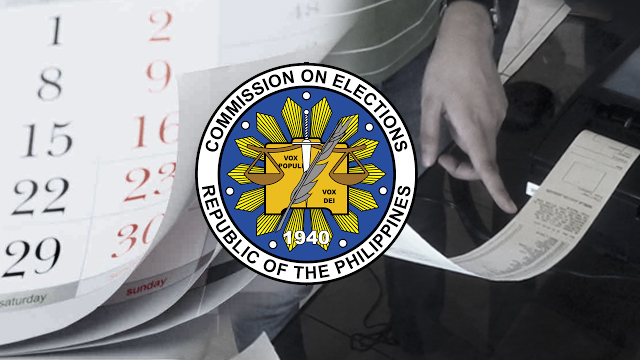Section 7. Period to file protest or petition; non-extendible. — The election protest or petition for quo warranto shall be filed within a non-extendible period of ten (10) days counted from the date of proclamation. (emphasis added)
 The above provision is the procedural equivalent of Sec. 251 of Batas Pambansa Blg. 881, otherwise known as the Omnibus Election Code, which states:
The above provision is the procedural equivalent of Sec. 251 of Batas Pambansa Blg. 881, otherwise known as the Omnibus Election Code, which states:
Sec. 251. Election contests for municipal offices. - A sworn petition contesting the election of a municipal officer shall be filed with the proper regional trial court by any candidate who has duly filed a certificate of candidacy and has been voted for the same office, within ten days after proclamation of the results of the election. (emphasis added)
As can be gleaned, Sec. 251 of the Omnibus Election Code provides that the 10-day period ought to be reckoned from the date of proclamation and not from the date of notice. As the elementary rule in statutory construction goes, when the words and phrases of a statute are clear and unequivocal, their meaning must be determined from the language employed and the statute must be taken to mean exactly what it says.[1] This is known as the plain-meaning or verba legis rule, expressed in the Latin maxim "verba legis non est recedendum" or "from the words of a statute there should be no departure."[2] Since the afore-quoted provision, as couched, is clear and free from ambiguity, its literal meaning must be applied without attempted interpretation.[3]
The rationale behind the non-extendible 10-day prescriptive period is not difficult to deduce — every candidate interested in the outcome of the election is expected to be vigilant enough in protecting his or her votes and would, therefore, enlist the aid of volunteer poll watchers in every clustered precinct to guard against or document possible irregularities, or that the candidate would personally be present at or, at the very least, would send representatives to the canvassing areas to ensure the proper tallying of votes and to monitor the real-time results of the elections as they are electronically transmitted. Consequently, they are expected to know of the exact moment the winning candidate is proclaimed by the board of canvassers concerned.
[1] Baranda v. Gustilo, G.R. No. 81163, September 26. 1988.
[2] Bobs v. Bolos, G.R. No. 186400, October 20, 2010.
[3] Id.